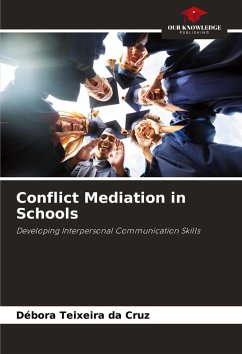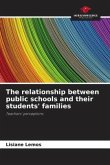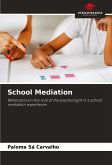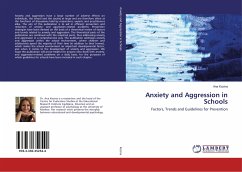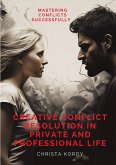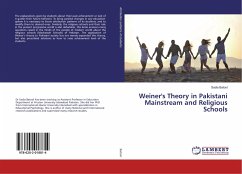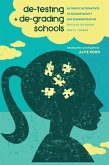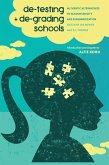Conflict is a natural part of our lives and this qualifies it as a relevant topic for study. Interactionist theories in philosophy, psychology and education are based on the premise that we constitute and are constituted through direct or mediated relationships with others, whether of a subjective or objective nature. Therefore, we are faced with differences and similarities which in turn force us to compare, discover, re-signify, understand, act, seek alternatives and reflect on ourselves and others. Conflict can therefore be considered the raw material for our psychic, cognitive, affective, ideological and social constitution. It is worth remembering that reading this book can contribute to a reflection on how to orientate and mediate internal and external conflicts, taking into account the impartiality of your peers.
Bitte wählen Sie Ihr Anliegen aus.
Rechnungen
Retourenschein anfordern
Bestellstatus
Storno

